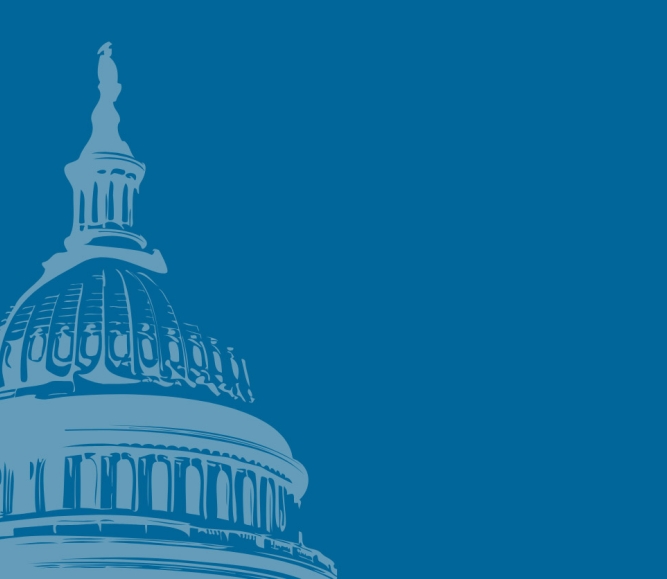Medicaid and Counties: Understanding the Program and Why It Matters to Counties

Author

Blaire Bryant

Naomi Freel
Upcoming Events
Related News
Medicaid 101
Established in 1965, Medicaid is a federal entitlement program paid for by taxpayers that provides health and long-term care insurance to low-income families and individuals. Medicaid operates and is jointly financed as a partnership between federal, state and local governments.
Medicaid Reforms Under H.R. 1: Legislative Overview
The July 4, 2025 enactment of the One Big Beautiful Bill Act (P.L. 119-21), often referred to as H.R. 1, restructured key elements of the Medicaid program through changes to financing mechanisms, coverage pathways and eligibility requirements. These reforms were adopted alongside broader federal fiscal objectives and reflect an ongoing effort to recalibrate the balance between federal oversight, state flexibility and program spending.
The impact of these wide-ranging reforms ultimately converges on two core county concerns: local budgets and resident health outcomes. Increased constraints on Medicaid financing or the addition of new administrative requirements intensifies pressures on county systems that both administer and fund the program. However, despite these challenges, the legislation also leaves room for expanded opportunities for care delivery, particularly in long-term care and rural health settings. As states implement these changes, counties will continue to experience variation in impact based on governance structure, service delivery models and local health care infrastructure.
To learn more, download the full report on Medicaid and Counties
Resource
Protect the Federal-State-Local Partnership for Medicaid

Resource
Federal Reforms to Medicaid Financing: What Counties Should Know






